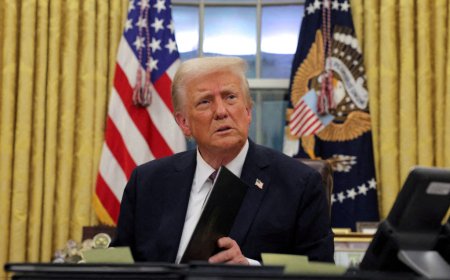The 12-Day War Between Iran and Israel: Who Really Won?
The 12-day war between Iran and Israel was not just a military escalation; it marked a geopolitical turning point. What many assumed would be a limited exchange of fire revealed the collapse of strategic myths, the emergence of new regional powers, and the silent rearrangement of global interests.
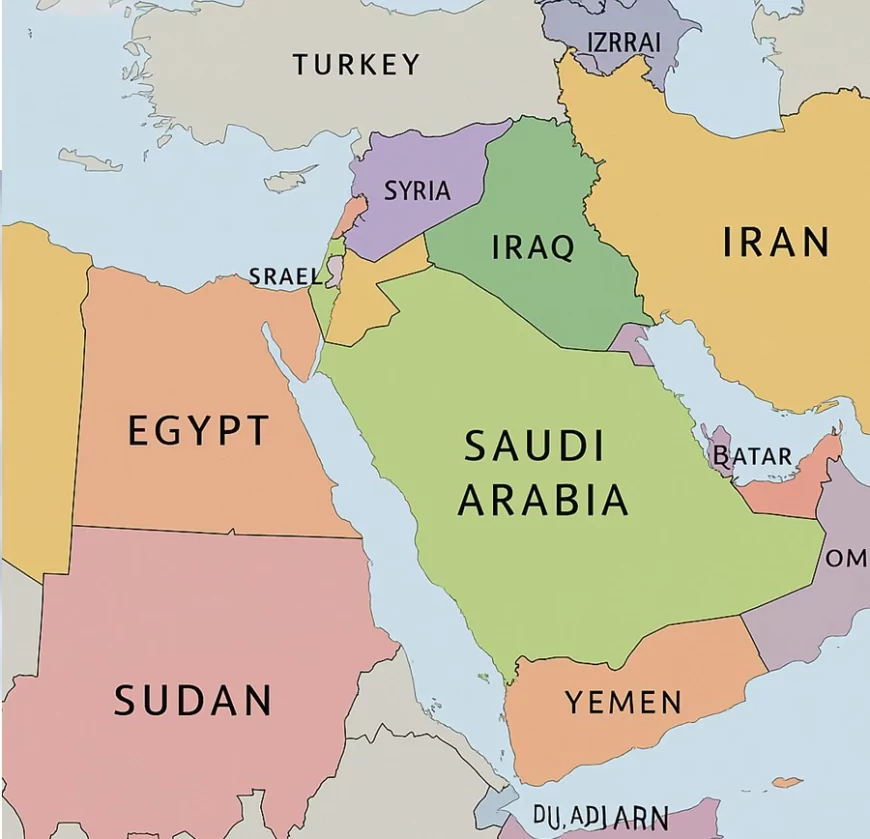
1. The Symbolic Fall of the “Iron Dome”
Israel’s government has long presented the Iron Dome as its impenetrable shield. However, during this confrontation, Iran managed to overwhelm and bypass it, exposing its limitations. Over a hundred medium- and long-range ballistic missiles hit Israeli territory, destroying buildings and leaving civilians exposed. The myth of Israeli invincibility was shattered.
2. Iran: From Dust to Steel
The Islamic Republic of Iran not only held its ground—it retaliated with unprecedented precision, coordination, and military effectiveness. Iran demonstrated advanced offensive capabilities, including drones, missiles, and electronic warfare. Its image as a regional military leader was strengthened, solidifying its role as a strategic power in the Middle East.
3. Israel: Diplomatic Vulnerability and Strategic Pleas
Faced with military pressure, the Israeli Prime Minister directly requested assistance from Washington. This revealed not only military exhaustion but also diplomatic isolation. Israel could not sustain the offensive without direct U.S. support.
4. The United States: The Silent Big Winner
Under Donald Trump’s administration, the U.S. successfully reactivated its military-industrial complex, positioning itself as the defense guarantor in the region. It eased sanctions on Iran as part of a tacit agreement, while using the crisis to market and sell defense systems and weaponry to Gulf nations, Israel, Egypt, and Jordan.
5. Who Will Lead the New Military Economy in the Middle East?
The region has become a growing military market. New bases, radars, and missile shields are on the horizon. The central question is: who will manage these multimillion-dollar contracts? Trump could forge direct alliances with regional powers to position American firms at the forefront of this military-industrial expansion.
The only thing left to verify is who the economic beneficiaries of the Middle East’s new armament project will be.
Conclusion
The 12-day war did not produce visible winners on the battlefield, but it certainly did on the geopolitical board:
- Israel: Struck, vulnerable, and dependent.
- Iran: Asserted as a regional power.
- United States: Quiet economic and diplomatic winner.
- Civilian population: the main victim of the crossfire.
History will remember this war not just for its bombs, but for reshaping the map of power and perception in the Middle East.
Political Analysis by: Nelson N. Gallegos
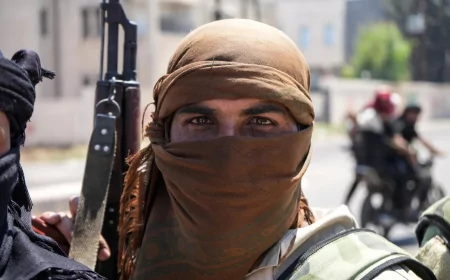






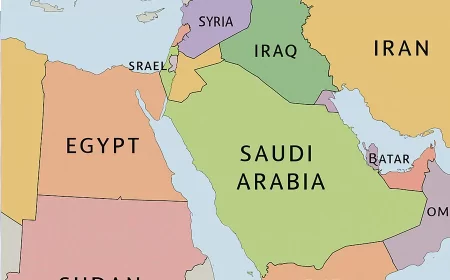
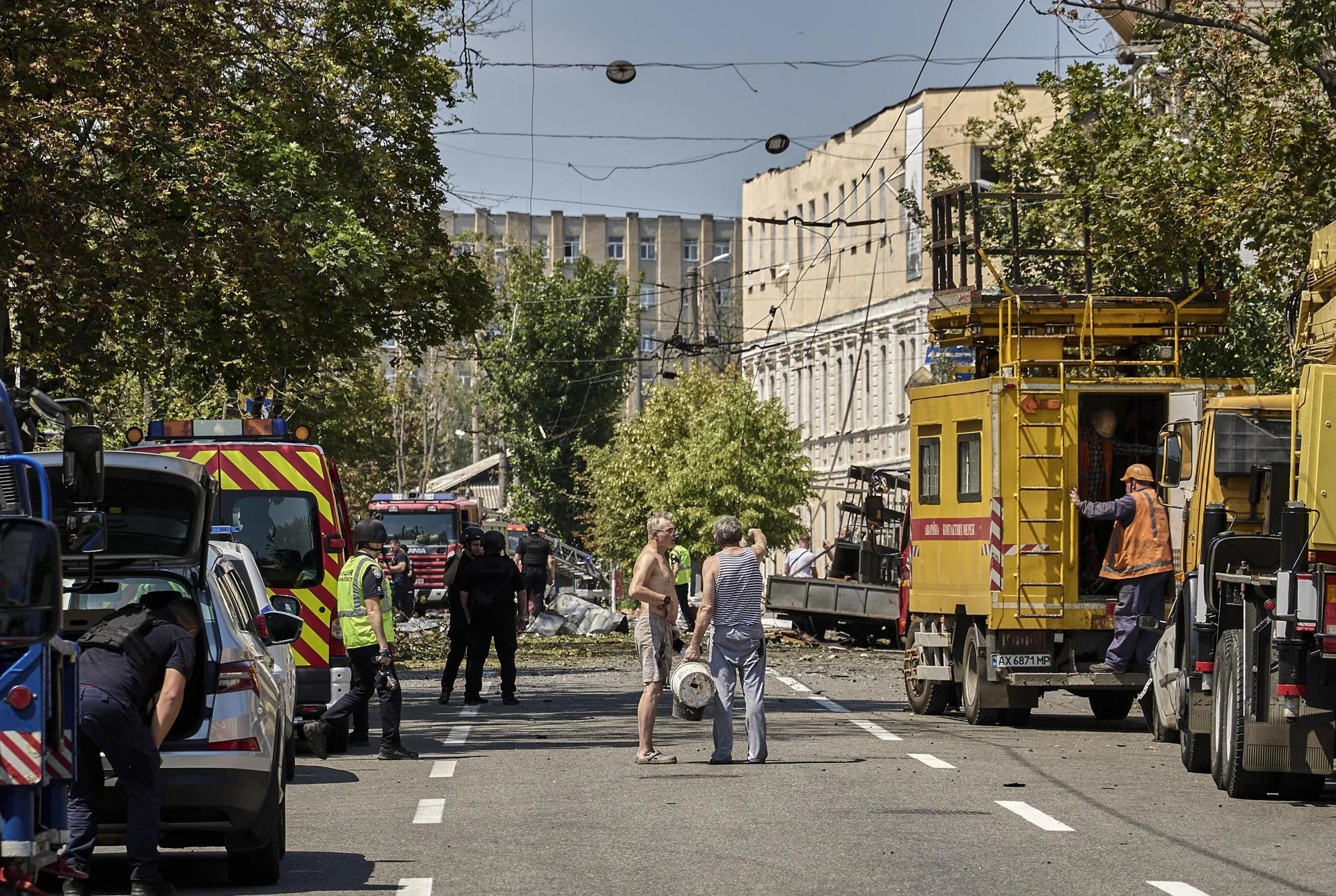
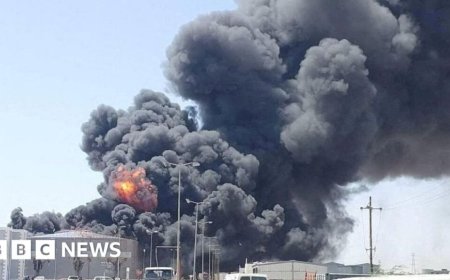
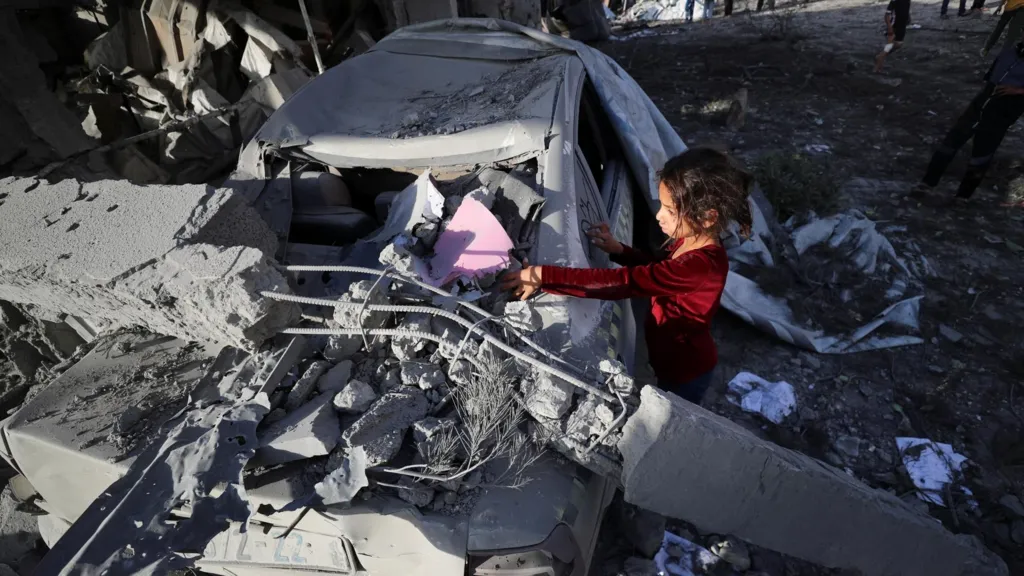

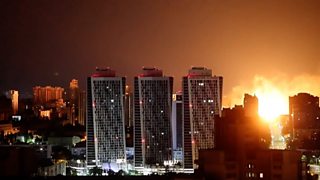
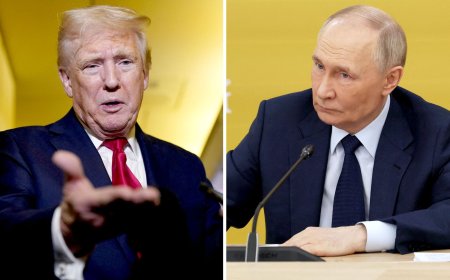

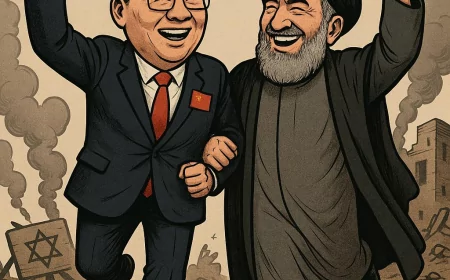
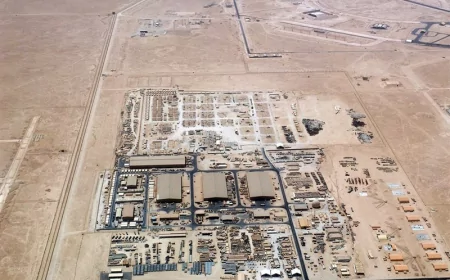
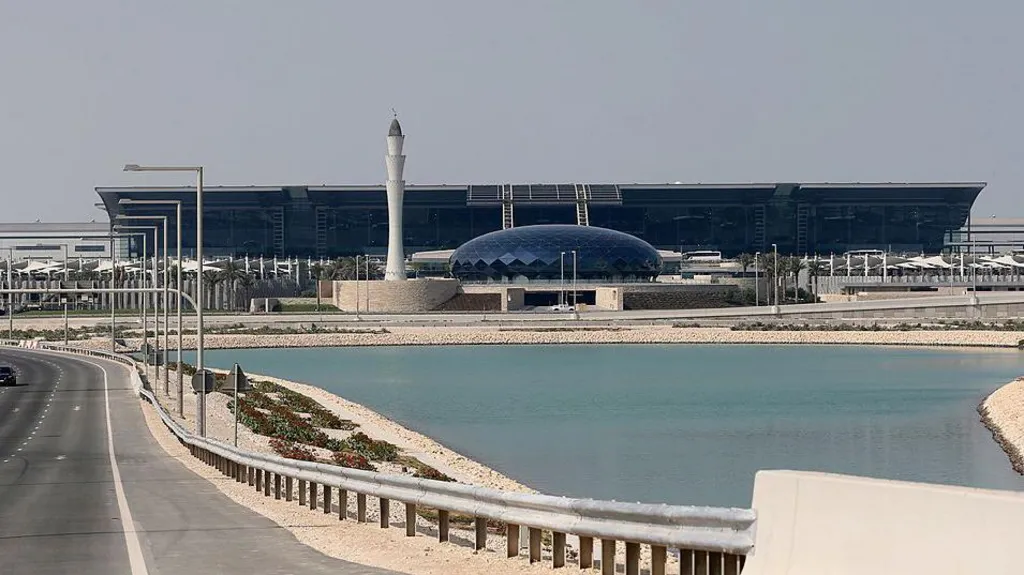
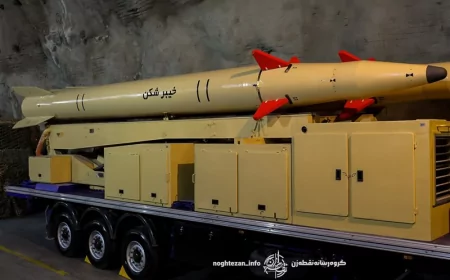

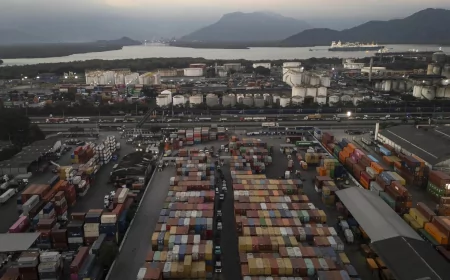



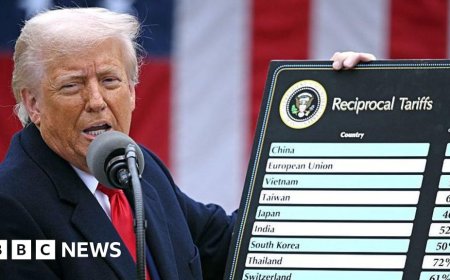
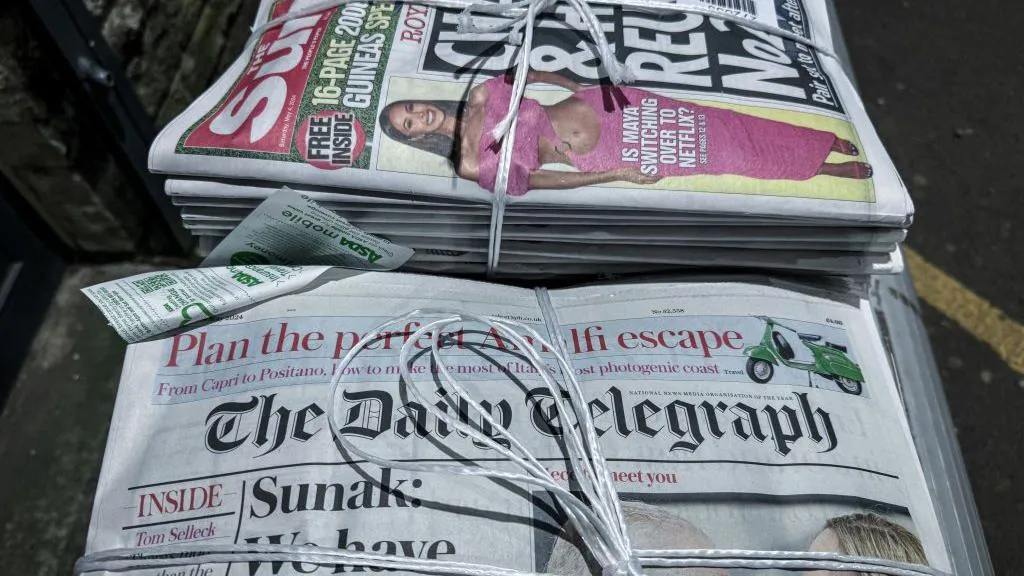






















:format(webp)/cdn.vox-cdn.com/uploads/chorus_image/image/73776247/1227541383.0.png)


























